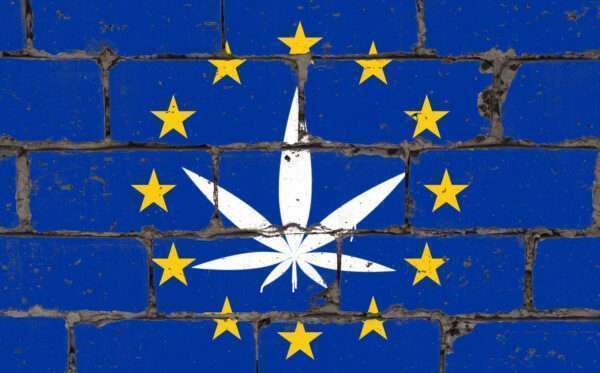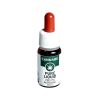
Is it lawful for a European nation to prohibit the resale of a product legally manufactured and exported from another of the EU member states?
The question has been referred to the Court of Justice of the European Union and stems from the Marseille court's condemnation of a company that marketed CBD-based oils for electronic cigarettes in France. In France, in fact, it is only allowed to extract the oil from the seeds and fibers of the hemp plant. French retailers, on the other hand, were sourcing product from the Czech Republic, a state where the entire plant, including leaves and inflorescences, is allowed to be used. The appeal of the two French entrepreneurs to the Court of Appeal in Aix-en-Provence made it necessary to solicit the interpretative opinion of the Court of Justice of the European Union, which agreed with the two entrepreneurs, in light of the fact that CDB is not to be considered a narcotic substance and therefore cannot be declared illegal.
What the ruling says on the matter
The ruling starts from the definition of "narcotic substance" found in the Single Convention on Narcotic Drugs (1961) and the United Nations Convention on Psychotropic Substances (1971). Cannabidiol, the Court argued, is not explicitly mentioned in either of these regulations.
The Court made it clear that any member state wishing to restrict the circulation of CBD is required to show that the asserted real health risk is based not on assumptions but on the most recent results of international research, that is, on what is stated by the WHO.
As the World Health Organization says, unlike THC, CBD there is no scientific evidence that it has psychotropic effects or is in any way risky to health. In fact, the WHO recently declared that, according to its experts' findings, CBD is not a psychoactive substance and therefore should no longer be subject to any international control.
In light of this ruling by the Court of Justice of the European Union, which ruled on Nov. 19 that CBD is not a narcotic substance, and the recent statements by the WHO setting out 6 recommendations to be followed with respect to the four tables that establish different degrees of dangerousness of narcotic substances and that would, in fact, exclude legal cannabis from the official classification ,on Dec. 2, 2020, the NCC, the United Nations Commission on Drugs, met in Vienna to vote on the removal of Cannabis from the aforementioned tables.
Toward the legalization of Marijuana
This is a historic decision, reversing the trend of recent years made of criminalization of cannabis tout court and regulatory uncertainty about the distribution and marketing of legal ganjia in many countries of the European Community.
Rather, this liberalization trend is part of the broader worldwide trend that since the 1990s has led to the legalization of medical marijuana in California and 30 other U.S. states, as well as Canada and Uruguay.
Weed Light: ITALY IN FULL CONTROVERSE.
The Commission sends its recommendations, but it is then up to the member states to transpose them into domestic law.
What is happening in Italy?
Although since 2015 it has been possible to produce inflorescences with CBD and THC and since 2007 it has been possible to prescribe medical cannabis products, although our universities are at the forefront of research, particularly in Modena and Reggio Emilia, Italian policy continues to row against it. Despite scientific literature confirming its efficacy, there are no approved cannabis-based therapeutic plans.
Although hemp was re-legalized in 2016 the regulatory framework to date remains confused and oscillates between openings and closures, lacking a rational principle, entrusted to the hands and discretion of the minister on duty.
Italy seems to have fallen behind once again. In complete contrast to the European Union's orientation, our Health Minister Speranza now intends to classify cannabidiol oil as a narcotic medicine.
We hope that it will not be necessary on the part of the many associations active in this field to have to appeal to the United Europe to obtain the annulment of the decree, which is currently undergoing legislative consideration, and that the vote on December 2 will have put an end to this confusion once and for all.







